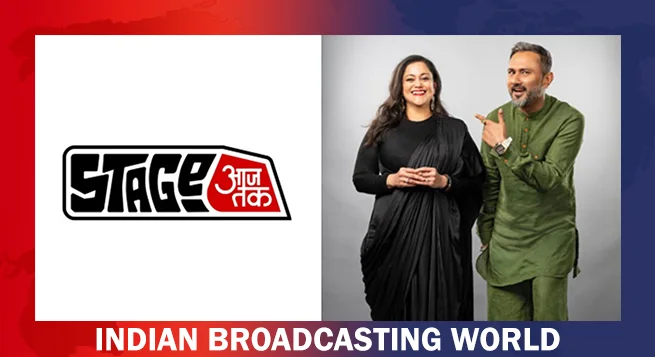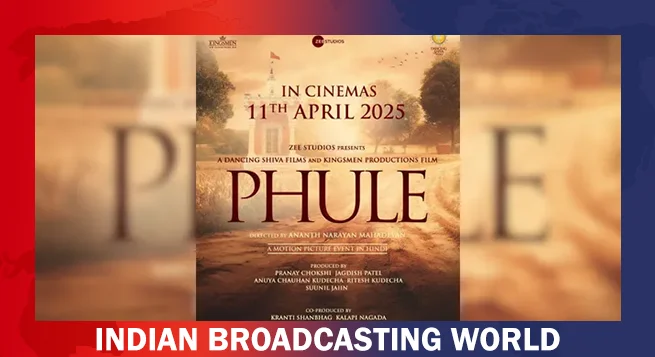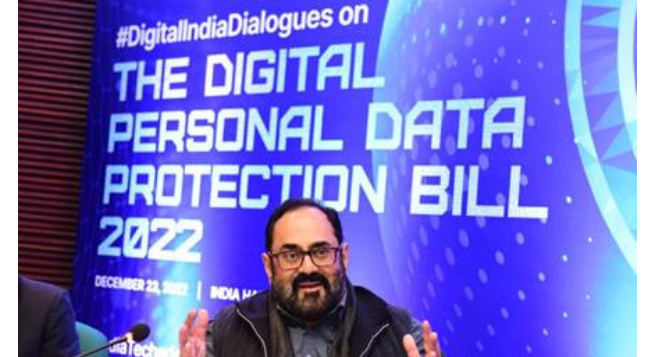Even as the government in parliament on Friday allayed fears on citizens’ rights getting compromised under proposed and amended data protection rule, Minister of State for Electronics & Information Technology Rajeev Chandrasekhar held discussions with over 200 stakeholders from various walks of life to discuss and deliberate on the Digital Personal Data Protection Bill 2022, public consultations for which are open till January 2, 2023.
The attendees included representatives from industry, think-tanks, law firms, consumer and citizen rights group.
Speaking at the meeting, Chandrasekhar, according to an official statement, said the vision of PM Narendra Modi’s government is to build a modern framework that will prevent misuse of personal data, that too in a way it does not to create a compliance-heavy framework.
He stated that the Bill will act as a kinetic enabler for personal data protection while catalysing data led innovation and start-up ecosystem.
“Post the bill, the intermediaries will have to go for deep behavioral changes — it will no longer be business as usual for them,” he said.
The stakeholders came up with various suggestions related to different clauses of the Bill, including the penalty regime for data fiduciaries, regarding obtaining parental consent for children, cross border data flows and about consent managers and how the government intends on regulating them and many others.
The Minister also provided clarity on the deemed consent clause for government’s access to data.
The discussions were moderated by Amit Agarwal, Additional Secretary, Ministry of Electronics and Information Technology (Meity) and Rakesh Maheshwari, Senior Director and Group Coordinator Meity.
Objective of Amendments in IT Rules: The government’s objective is to ensure an Open, Safe, Trusted and Accountable Internet for Digital Nagriks or citizens.
With the expansion of the Internet and more and more Indians coming online, the possibility that Digital Nagrik or citizens being exposed to user harms, disinformation and criminality has also increased, Chandrasekhar, meanwhile, said in Rajya Sabha (Upper House) on Friday.
As the digital eco-system and connected Internet users in India expand, so do the challenges and problems faced by them, as well as some of the infirmities and gaps that exist in the previous rule vis-a-vis Big Tech platform, the Minister said, replying to a query from a fellow parliamentarian.
The Central or the federal government, in exercise of powers conferred by the Information Technology Act, 2000, has notified the Information Technology (Intermediary Guidelines and Digital Media Ethics Code) Amendment Rules, 2022.
These rules cast specific obligation on intermediaries vis-à-vis what kind of information is to be hosted, displayed, uploaded, published, transmitted, stored or shared. Intermediaries are also required to remove any content violative of any law for the time being in force as and when brought to their knowledge either through a court order or through a notice by appropriate government or its authorised agency, he said.
The Minister added that criticisms on rights of citizens being compromised via proposed rules were unfounded and incorrect as the Supreme Court of India had observed that fundamental rights are not absolute rights and they are subject to reasonable restrictions.
The government’s rule making policy aims at ensuring the constitutionally guaranteed right accorded to citizens, the Minister explained, adding following that objective, the amended rules also have made it explicit for the intermediaries, including social media intermediaries, to respect the rights accorded to the citizens of India under the Constitution.
 Hathi Ram returns in gripping ‘Paatal Lok’ S2 teaser
Hathi Ram returns in gripping ‘Paatal Lok’ S2 teaser  ITG launches ‘Stage Aaj Tak’ with Yo Yo Honey Singh’s Millionaire Tour
ITG launches ‘Stage Aaj Tak’ with Yo Yo Honey Singh’s Millionaire Tour  ‘Squid Game’ S2 debuts with 68mn views; #1 in 92 countries
‘Squid Game’ S2 debuts with 68mn views; #1 in 92 countries  Pratik Gandhi’s ‘Phule’ to hit theatres on April 11
Pratik Gandhi’s ‘Phule’ to hit theatres on April 11  Europol dismantles illegal sports streaming, pirated content network
Europol dismantles illegal sports streaming, pirated content network  Disney+ Hotstar unveils ‘Power of Paanch’
Disney+ Hotstar unveils ‘Power of Paanch’  Film stars to perform at DP World ILT20 S3 opening in Dubai
Film stars to perform at DP World ILT20 S3 opening in Dubai 









